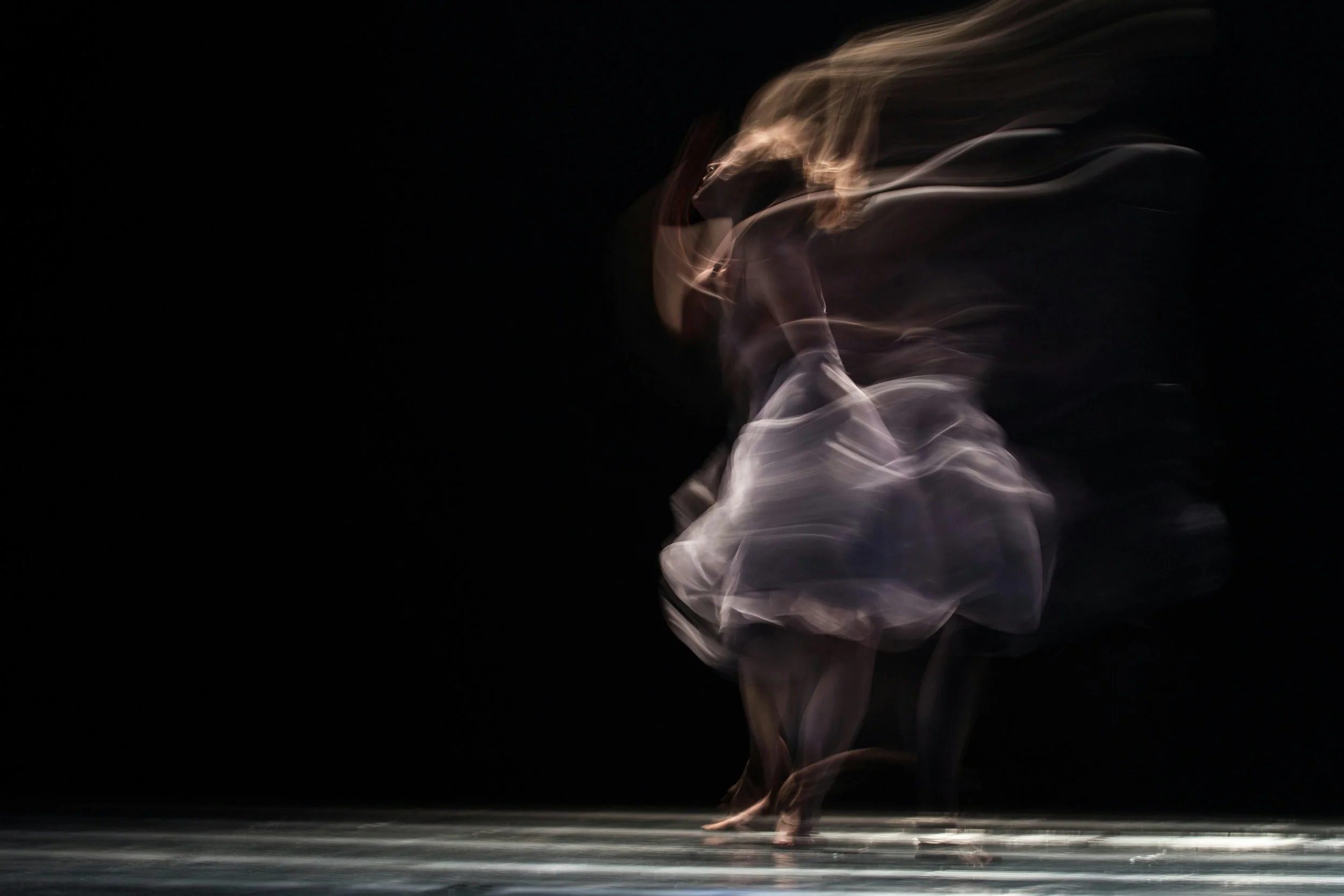Reframe 2: What If You Stopped Mistaking Survival As A Strength?
From the series “The 9 Reframes” — memoir as mirror, not manual.
When I was a freshman at Portland State University, I took a philosophy class and was hooked. Completely hooked.
I learned to question my own thinking.
To interrogate assumptions.
To ask: Is this belief mine, or did I inherit it?
I thought I was learning how to think.
I didn’t realize I was learning how to survive.
The Dance I Was Too Scared to Do
The final project could be anything — poem, art, dance, sculpture, essay, video.
Our professor wanted us to create. To imagine. To be.
I wrote the paper.
Not because I should have danced —
but because I was too scared to dance.
Too scared to look foolish, to be seen, to risk imperfection.
The paper felt safe. Contained. Controllable.
I could cite sources, make a sound argument, be right.
Dancing?
Dancing was chaos.
Dancing was exposure.
Dancing was surrender.
So I wrote the paper, got my A, and moved on.
Thirty-Two Years Later, I Danced
Thirty-two years later, I danced in a community recital.
Tap 1. Middle-aged women and one brave man.
We could choose whether to perform under the lights.
This time, there was no hesitation.
I was going to dance.
And then — my ex-husband took his own life.
Left our son and me to navigate what that meant.
What that would always mean.
That dance class became a sanctuary.
No one knew. No one looked at me with pity.
I didn’t have to perform grief.
I just danced.
Because life had happened,
and I was still here.
What I Didn’t Understand Then
I thought questioning my thinking was an intellectual exercise —
something I could do in my head, in controlled spaces,
where I could edit until it sounded wise.
I didn’t know that real questioning requires embodiment.
That philosophy isn’t just what you think —
it’s how you live inside your own body.
I didn’t know it would require me to excavate
family systems, trauma, enmeshment, codependency,
and learn emotional management”.
I didn’t know I’d have to ask:
Which parts of me are actually me?
And which are just me managing everyone else’s emotions
so the system doesn’t collapse?
I thought I was learning philosophy.
I was learning survival.
And it would take thirty-two years, and a loss so shattering, to know the difference.
Want to read what happened next?
This essay continues with:
The Lie About Adaptability (and why "being flexible" was actually erasure)
When I Was Gaslighting Myself (and calling it leadership)
What Actually Broke Me (the moment I couldn't pretend anymore)
What Burnout Really Looks Like (it's not what you think)
The Balance Lie (and why I won't play that game)
What That Philosophy Class Actually Taught Me (thirty-two years later)
What I Know Now (you can't adapt your way out of grief)
Get the Complete Essay
Subscribe to receive the full reframe + weekly essays as they're published.
If this resonated, you're not alone. You're not too much. You're exactly right.
This is Reframe 2 of 9 from my upcoming work. Each week, I share one new reframe — raw, unfiltered stories about what it actually takes to stop mistaking survival for strength.

